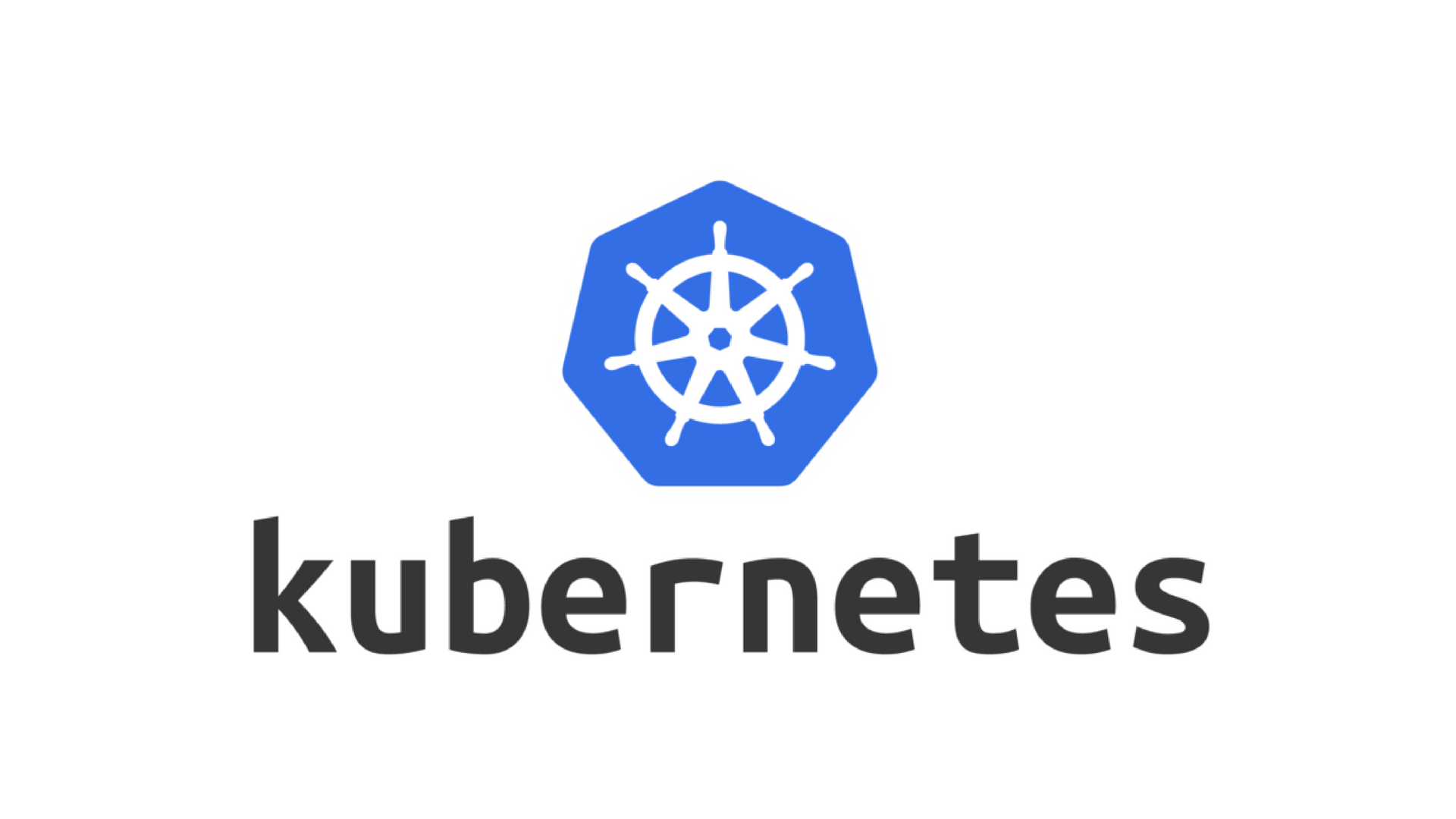Kubernetes is an open-source container orchestration platform that automates the deployment, scaling, and management of containerized applications. With Kubernetes, developers can easily manage containerized applications across multiple cloud environments, including public, private, and hybrid clouds. Kubernetes implementation is becoming increasingly popular among organizations of all sizes because it provides a comprehensive platform for deploying and managing containerized applications.
One of the key benefits of Kubernetes implementation is that it provides a platform for building scalable, resilient, and fault-tolerant applications. With Kubernetes, developers can easily deploy applications across multiple servers, and Kubernetes will automatically manage the scaling and availability of the application. This means that developers can focus on building applications, while Kubernetes handles the underlying infrastructure.
Another benefit of Kubernetes implementation is that it provides a platform for building cloud-native applications. Cloud-native applications are designed to take full advantage of the cloud environment, including scalability, resilience, and high availability. Kubernetes provides a platform for building cloud-native applications by providing a set of tools and best practices for building and deploying applications in a cloud environment.
Kubernetes implementation also provides a platform for building microservices-based applications. Microservices-based applications are designed to be modular and scalable, with each service running independently of the others. Kubernetes provides a platform for building and deploying microservices-based applications by providing tools for managing containerized applications at scale. With Kubernetes, developers can easily deploy, manage, and scale microservices-based applications across multiple servers and cloud environments.
Kubernetes implementation also provides a platform for building hybrid cloud applications. Hybrid cloud applications are applications that run across multiple cloud environments, including public, private, and hybrid clouds. Kubernetes provides a platform for building and deploying hybrid cloud applications by providing tools for managing containerized applications across multiple cloud environments. With Kubernetes, developers can easily deploy, manage, and scale hybrid cloud applications across multiple servers and cloud environments.
Finally, Kubernetes implementation provides a platform for building and deploying machine learning applications. Machine learning applications are designed to learn from data and make predictions or decisions based on that data. Kubernetes provides a platform for building and deploying machine learning applications by providing tools for managing containerized applications at scale. With Kubernetes, developers can easily deploy, manage, and scale machine learning applications across multiple servers and cloud environments.
In conclusion, Kubernetes implementation provides a comprehensive platform for deploying and managing containerized applications in a cloud environment. Kubernetes provides a set of tools and best practices for building scalable, resilient, and fault-tolerant applications, as well as cloud-native, microservices-based, hybrid cloud, and machine learning applications. As more organizations adopt cloud computing and containerization, Kubernetes implementation is becoming increasingly important for building and deploying applications in a cloud environment.
Read Also: WHAT DO FRONT-END ENGINEER DO?
